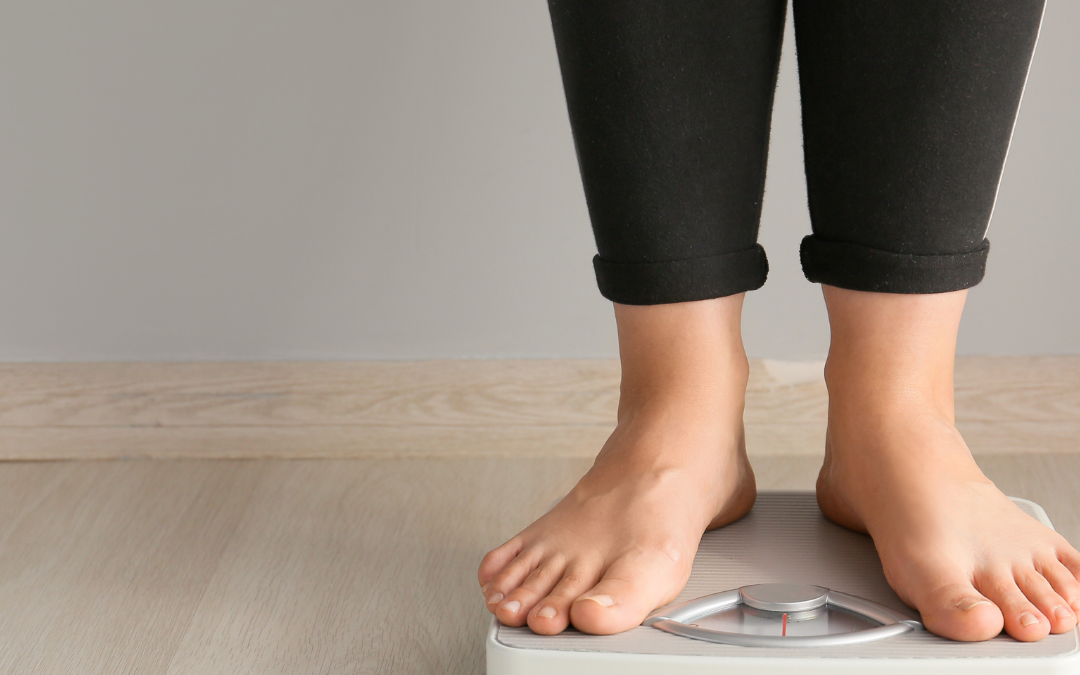Stepping onto the scale can sometimes feel like a rollercoaster ride, unpredictable and unnerving, especially if you’re trying to maintain or manage your weight. However, before you get discouraged by the ups and downs, it’s essential to understand why weight fluctuations happen. This blog post will explore five reasons behind these daily changes and provide insights for health enthusiasts and dieters.
How Dehydration and Water Retention Affect Your Weight
One might think drinking less water could help weight loss; however, the opposite is true. Dehydration can cause the body to hold onto water, leading to water retention. This survival mechanism is the body’s way to ensure adequate hydration. To avoid these fluctuations, drink the recommended amount of water daily – your body (and the scale) will thank you.
The Impact of Sodium Intake on Your Weight
Sodium intake plays a tricky role in our bodies. Sodium is vital for nutrient transport and blood pressure regulation. Yet, too much of it can lead us down the path of water retention and weight gain. Processed foods are often the culprit of high sodium levels, so keeping an eye on salt intake can prevent those surprise numbers on the scale.
Glycogen Storage
Carbohydrates aren’t the enemy—they’re converted into glycogen to fuel our cells. But when we consume more carbs than we need, the body stores the excess as glycogen in our muscles, liver, and fat cells. Each gram of glycogen comes with water, causing weight fluctuations. Balancing your carb intake with your energy needs can stabilize these shifts in weight.
Changes in Body Waste
The amount of food and drink we’ve recently consumed can temporarily influence the scales. We cannot overlook urine and stool when we discuss body weight. After all, the average adult passes about 128 grams of stool per day. A high-fibre diet and regular hydration can keep things moving smoothly, ensuring that the number reflected on the scale isn’t just an undigested lunch.
How Exercise Affects Your Weight
Finally, if you’ve recently taken up a new exercise routine, you might see fluctuations on your scale as your body adjusts. Exercise leads to muscle gain, which weighs more than fat and changes the body’s water composition. This gain is a good thing—a sign of improved fitness and metabolism—so don’t be discouraged if you see increases as you build muscle.
Conclusion
Several factors influence body weight, and it’s common to see daily changes. We can approach weight management with knowledge and patience by understanding these contributors—hydration, dietary choices, energy stores, waste elimination, and muscle development. Remember, the number on the scale is not the sole indicator of your health or fitness progress. It’s the day-to-day choices we make that shape our health and well-being. So, keep moving, stay hydrated, and nourish your body with whole foods – the rest will fall into place.
Additional Tips for Weight Management
- Don’t fixate on daily weight changes; focus on long-term trends.
- Prioritize whole foods and limit processed, high-sodium options.
- Stay hydrated throughout the day to avoid dehydration and water retention.
- Incorporate a mix of cardio and strength training for overall health benefits.
- Consult a healthcare professional for personalized advice and support.
- Find an exercise routine that you enjoy and can stick to long-term.
- Don’t restrict yourself too much – allow for occasional treats in moderation.
- Practice mindful eating, focusing on hunger and fullness cues instead of strict calorie counting.
- Remember that weight is not the only measure of health – focus on how you feel physically and mentally. It’s not just about the number on the scale but overall wellness.
Written by: DeVera Nybo, MBA, Owner, Newleaf Total Wellness Centre






